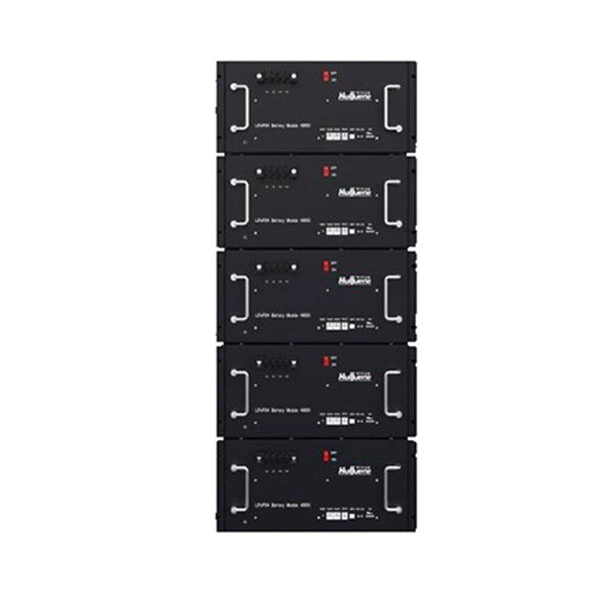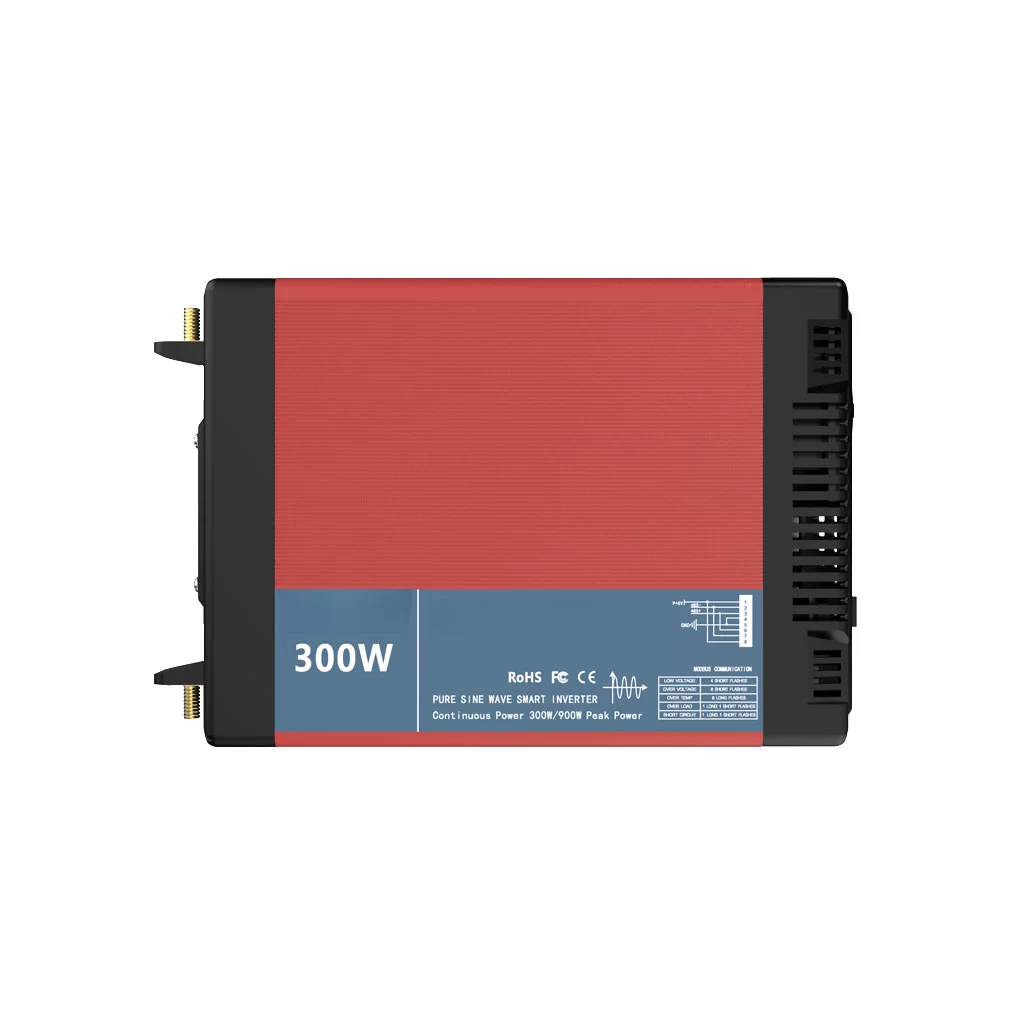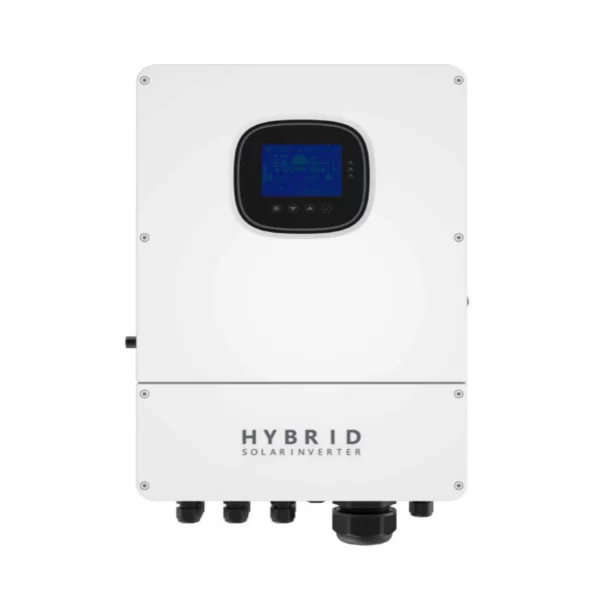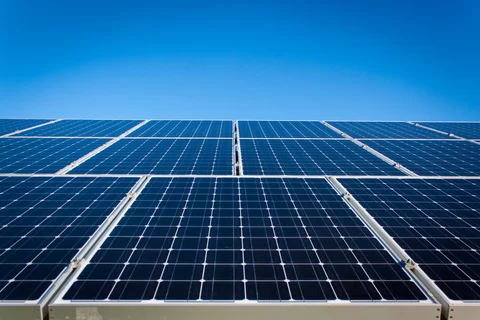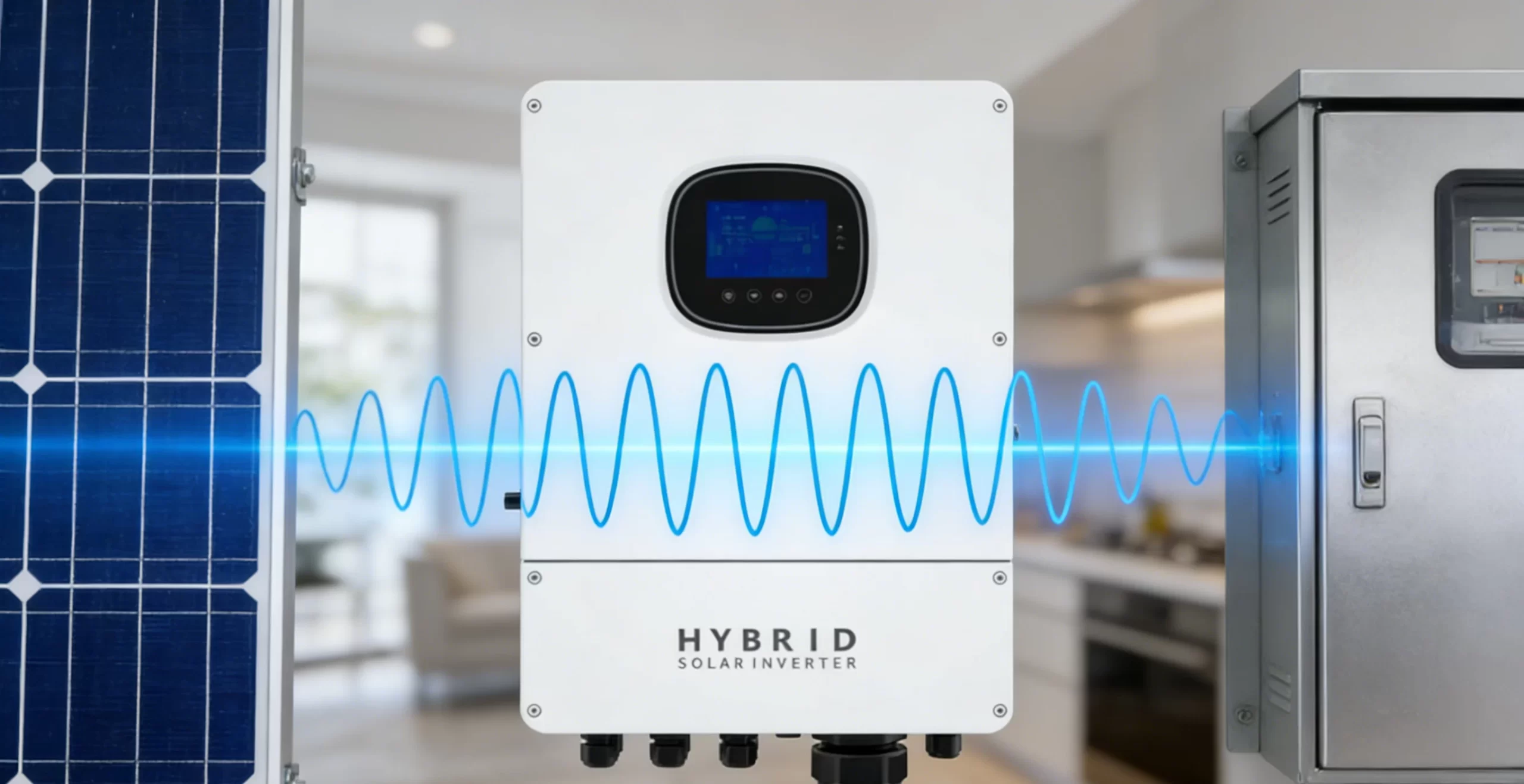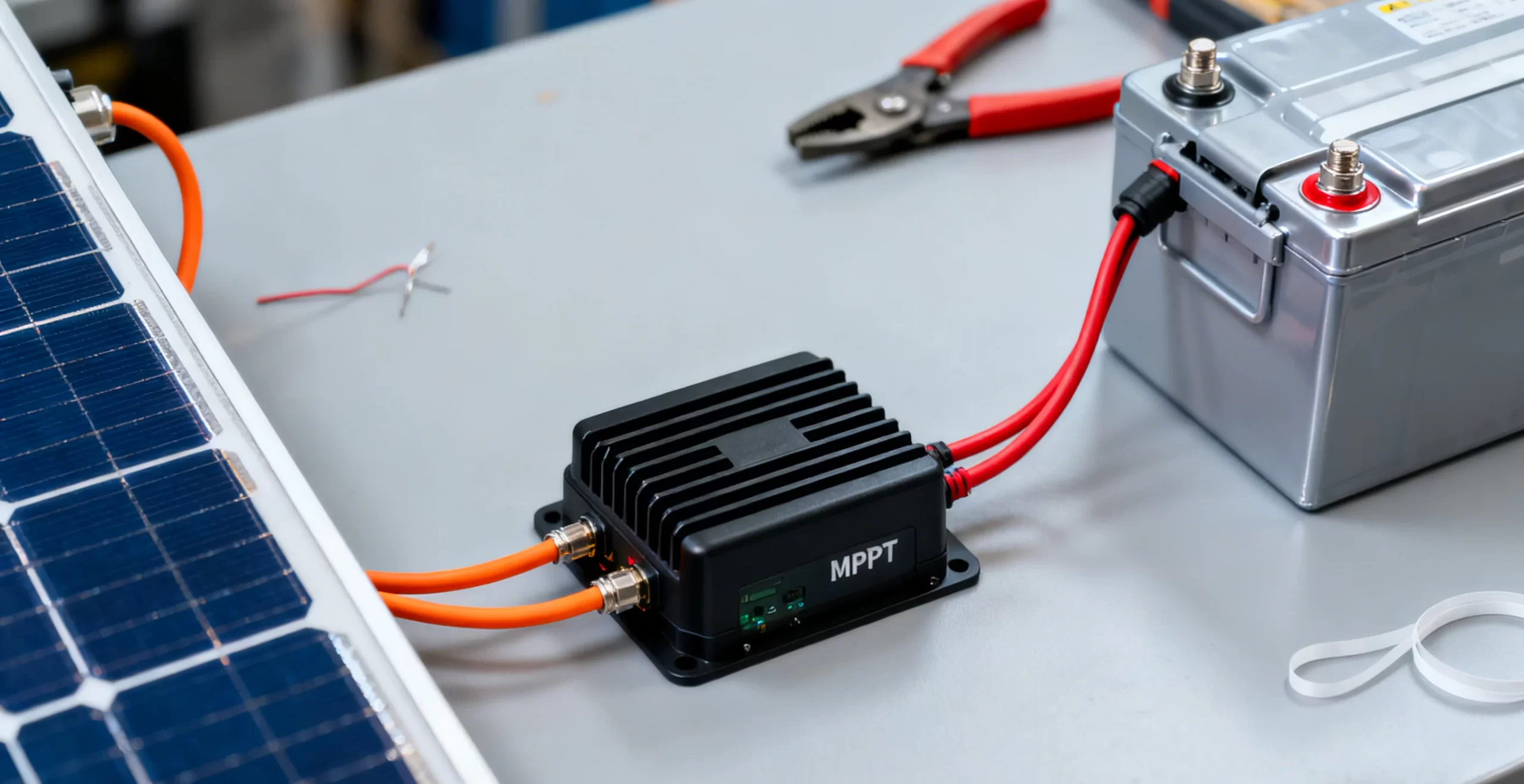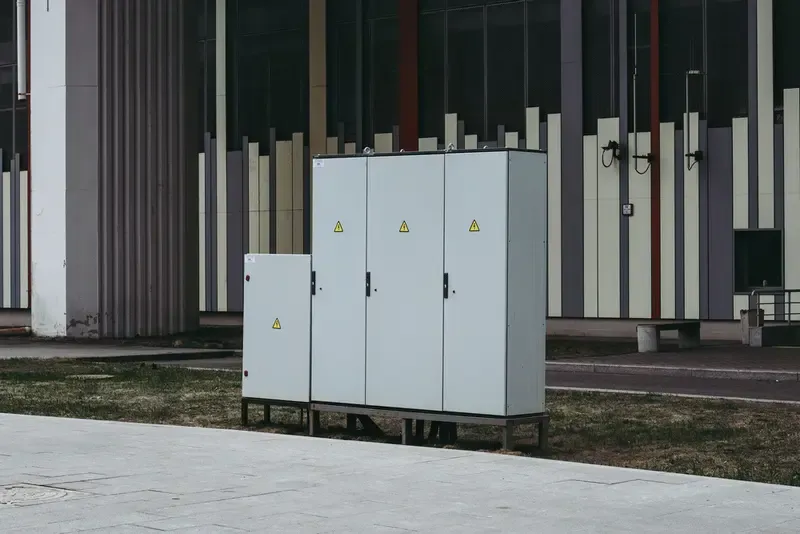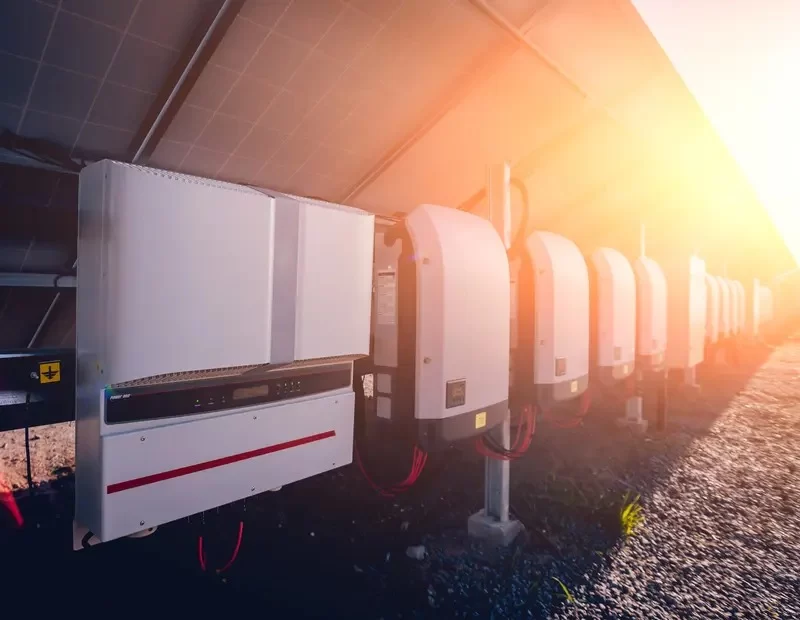Get A Quote Now!
The Rise of High Efficiency HJT Batteries: Market Trends and Future Prospects
Introduction
High Efficiency HJT (Heterojunction) batteries are transforming the solar energy landscape with their remarkable efficiency and innovative technology. This article explores the key aspects of HJT batteries, including their efficiency, cost trends, market performance, and future prospects.
Superior Efficiency and Technological Advantages
Exceptional Efficiency
HJT batteries have demonstrated an impressive average conversion efficiency of 24% to 26.5%. For example, LONGi Green Energy set a record of 26.30% efficiency in October 2021 and further improved it to 26.81% in 2022. Hua Sheng New Energy also achieved over 25% efficiency on its production lines. This high efficiency is due to the unique structure of HJT cells, which combines silicon and amorphous layers to capture more sunlight.
Company | Efficiency Record | Year |
LONGi Green Energy | 26.81% | 2022 |
Hua Sheng New Energy | >25% | 2023 |
Advantages Over Conventional Technologies
HJT batteries offer several advantages over traditional technologies:
- Large Size Compatibility: HJT cells perform better with larger sizes compared to PERC (Passivated Emitter Rear Cell) batteries.
- Low Degradation: These batteries have high bifaciality and low degradation rates, ensuring consistent performance over time.
- Thin-Film Production: The production process is streamlined, reducing costs and simplifying manufacturing.
Market Performance and Expansion
Current Market Status
The HJT battery market is expanding rapidly. As of the end of 2021, the production capacity was approximately 3GW, with forecasts suggesting a potential increase to 5GW due to new contracts. However, despite these advances, HJT technology still holds a smaller market share compared to other technologies.
Aspect | Current Status | Forecast |
Production Capacity | ~3GW | Expected to reach 5GW |
Price Competitiveness | 1% higher than TOPCon and XBC | More competitive with cost reduction |
Market Acceptance and Application
HJT batteries are gaining recognition for their efficiency and low degradation. Key market players include:
- Tongwei Group: Built China’s first GW-level HJT production line and diversified its product offerings.
- LONGi Green Energy: Continues to set efficiency records, showcasing technological leadership.
- Hua Sheng New Energy: Plans to purchase high-efficiency HJT cells, reflecting growing market demand.
In large-scale installations, HJT batteries are expected to achieve a penetration rate of 100%, while in distributed systems, the penetration rate is projected to be around 80%.
Technological Developments and Trends
Cost Reduction and Efficiency Improvements
Several trends are driving the future of HJT technology:
- Cost Reduction: Ongoing efforts aim to lower production costs, making HJT batteries more affordable.
- N-type Cell Development: By 2030, N-type cells, including HJT batteries, are projected to hold about 70%of the market.
- 5G Technology Integration: Emerging technologies, such as 5G, are expected to enhance efficiency further, potentially reaching 28% to 30%conversion rates.
Future Prospects
The future of HJT batteries looks promising, with significant growth anticipated:
Year | Market Size (GW) |
2025 | 52 |
2030 | 100 |
HJT technology is seen as a strong competitor in the next generation of photovoltaic cells due to its high efficiency and potential for cost reduction.
Conclusion
In summary, HJT batteries offer significant advantages in efficiency, cost potential, and market acceptance. Their high performance and ongoing technological advancements make them a key player in the future of solar energy.
Discover how high-efficiency HJT batteries can revolutionize your solar energy solutions today!


